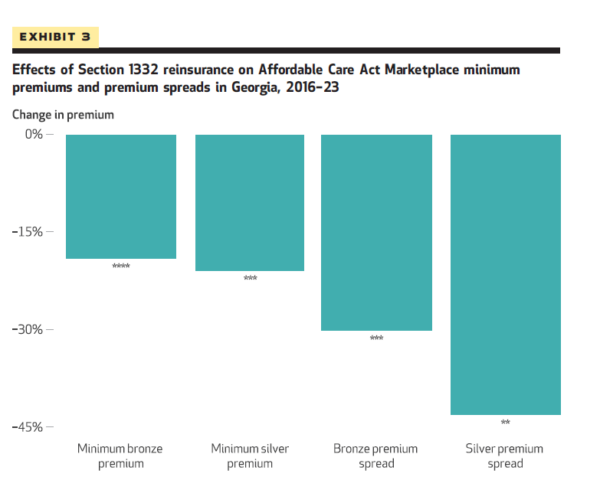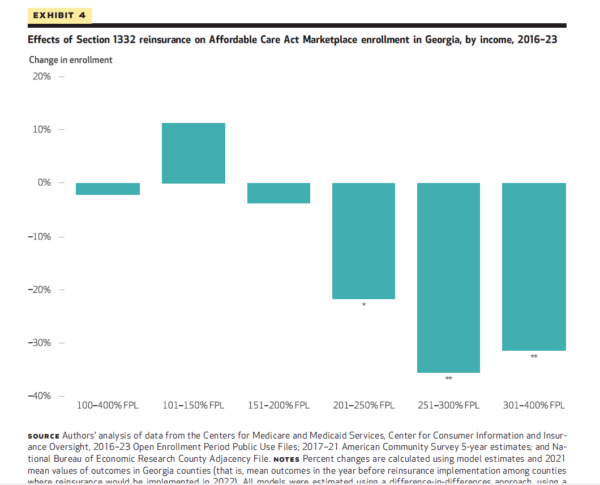New Mexico released its 2025 proposed state health policy plans yesterday afternoon. The state has been aggressive in the past several years in its actions to make the ACA more affordable and actionable for its citizens. It has used substantial state funds to do this.
Yesterday, it proposed to partially revamp the entire ACA subsidy scheme:
Starting in the 2025 Plan Year, the benchmark plan used to calculate New Mexico Premium Assistance payments for eligible households up to 200% FPL will be the second-lowest-cost Silver plan available in the applicable rating area with a 10% price multiplier applied. In practice, this will mean that the benchmark plan for this population will be 10% higher than the second-lowest-cost Silver plan. This policy is intended to increase coverage retention from year-to-year by expanding the number of no-cost Turquoise Plan options available to lower-income enrollees
Right now, the ACA strongly incentives insurers to capture shelf space on the first page. For enrollees with incomes under 150% FPL (~$15,000 for a single individual in 2024) the first two Silver plans are no cost (in most circumstances) and every other Silver plan has some positive fee. We know that zero premium plans are really important to minimize administrative burden and increase retention. Insurers that think they have the lowest price have a very strong incentive to create a near clone of that lowest cost plan to claim the 2nd Silver position. And if they are looking to capture people in cognitive traps, insurers have strong incentives to put a lot of very similar plans on the first page. I’ve called this strategy “silver spamming” in the past. It is not hard for the lowest cost insurer to create a strong pricing and cognitive friction advantage.
HOWEVER, this proposed subsidy system changes incentives as long as there are at least two insurers that are capable of pricing near the bottom of the pricing scale for Silver plans. The lowest cost insurer might be motivated to offer the least expensive plan that is guaranteed to be zero premium to the most people and then let the other insurer offer the benchmark plan. The other insurer that has a low cost plan may elect to offer a tight spread so the incentives don’t matter all that much compared to today, or a broader spread so that they can also increase the value of the new benchmark. The 2nd least expensive plan determines the benchmark as it is that plan +10%.
I think these dynamics get really messy when there are three or more insurers that can all credibly price at or near the bottom of the price range but the logic of not having to win either the #1 or #2 position in order to get zero premium CSR Silver plans is consistent. Instead, lower income buyers are likely able to choose from more insurers that are offering at least one zero premium CSR silver plan which likely means better matching on non-price plan characteristics and a very different enrollment distribution.
This is fascinating!



